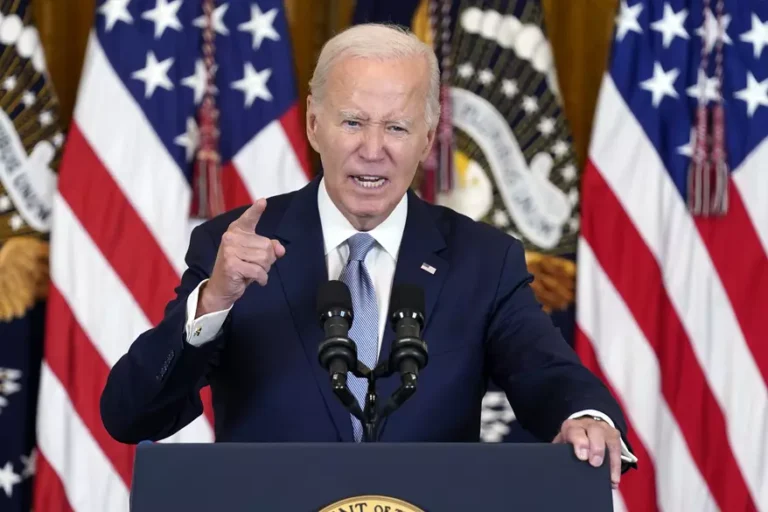The Government is Boxing Older Americans Out of Medicare Decisions
Click here to read this Op-Ed on realclearpolicy.com
It can be frustrating watching the government double down on healthcare policies that are failing the American people, especially older adults. Time and time again, lessons are not being learned, almost as if the dangers on the road we are going down are being entirely ignored. Blind to the most essential needs of older Americans, our leaders are instead continuing with policies against their interests.
The Inflation Reduction Act’s (IRA) Drug Price Negotiation Program is the most recent exhibit of the government’s blindness and is set to soon go into full swing. Though there are some positive aspects of the law, namely a cap on out-of-pocket costs, embedded in the IRA is a drug price scheme that would essentially mandate the price of Medicare drugs which would detrimentally impact the future of drug development. Although this proposal may seem well-intended, the residual effects of these price controls negatively outweigh most potential benefits. Both access and medical innovation are on the chopping block thanks to the IRA, as those that create the drugs older Americans rely on under Medicare Part D will be forced to cut costs and reduce output to meet government demands.
I speak to Medicare Part D beneficiaries regularly as President and CEO of RetireSafe, and a resounding number of them would rather have continued drug access and the potential of improved treatments than price controls that threaten the availability of new medicines. But you don’t have to take it from me. In fact, a recent poll found that 80% of older adults are concerned that IRA price controls will hurt access and innovation, and that’s no number to be scoffed at. If anything, this should be an indication that it’s time for our leaders to recalibrate their priorities to those that mirror the priorities of older Americans on Medicare.
Beneficiaries continue to stress that their healthcare works for them because it provides them timely access to a variety of drugs and therapies, and with these options come flexibility with their treatment plans. We’ve explained to our elected officials that any policy that directly hurts this access is counterproductive and can never be viewed as a net positive. A lowered drug price means nothing if treatment options disappear. It should be that simple in the eyes of our government leaders.
Nonetheless, the first drugs will be subjected to IRA price controls very soon, and the forecast for patients and retirees isn’t looking good. Executives in the industry are blaring the alarm bells on just how hurtful these price controls will be. Industry leaders recognize that the IRA will result in a loss of resources that will force a pullback on groundbreaking new developments. While the Centers for Medicare & Medicaid Services (CMS) has sought patients’ input as it designs how the initial drug price talks will work, the agency continues to face overwhelming criticism about how opaque the process is. I remain skeptical about the transparency of these feedback sessions and have serious suspicions that CMS would implement any of their input in a meaningful way, especially since implementation is so far underway.
It’s encouraging, however, to see some of our elected officials taking the negative effects of price controls seriously. The House Ways and Means Committee, for example, recently held a hearing on how to improve medical innovation in this country. Members of the majority acknowledged the challenges that price controls and government overreach bring to patients, and one can hope that their words are followed by actions that reverse the government’s course. If the government were to do anything, the top issues for older Americans ought to be prioritized above all else.
What older Americans want most is flexibility and choice when it comes to their health. To deny them this cuts directly against their most urgent needs. The government ought to intercede in ways that protect and improve choice and flexibility, not the opposite.
Sincerely,








